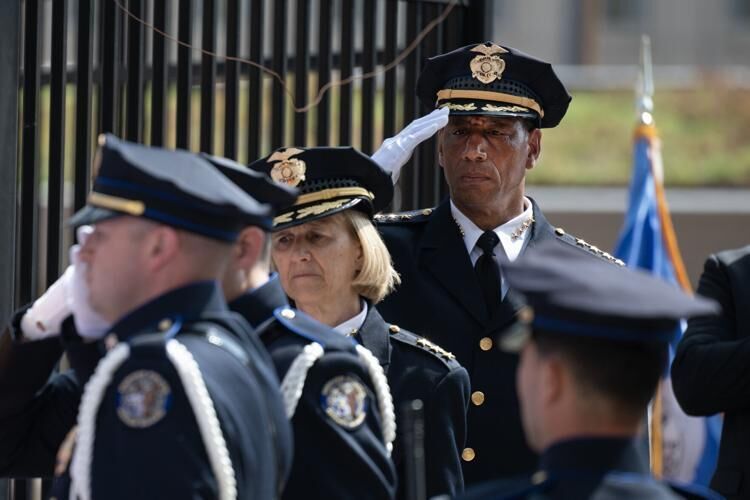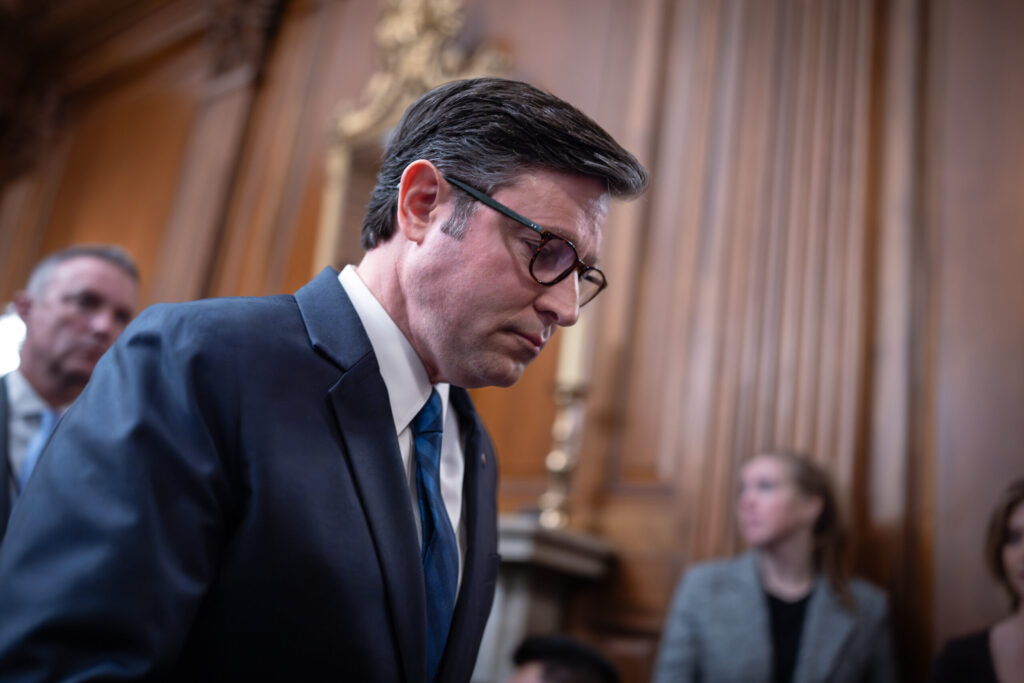Colo. ethics commission to investigate complaint against Secretary of State Williams

The Colorado Independent Ethics Commission, on a 3-1 vote, will take up a complaint filed by a Denver attorney against Secretary of State Wayne Williams, who lost his bid for re-election on Nov. 6.
The complaint, filed on Oct. 22, alleges that Wililams used a discretionary fund in his office to purchase clothing, at a cost of $2,427.86, between 2015 and 2017. Most of those clothing items were intended for use at the Denver Rustlers charity fundraiser at the Colorado State Fair in Pueblo. The fundraiser dates back to the mid-1980s.
The complaint also claims Williams reimbursed himself for continuing legal education (CLE) credits in July 2016 and July 2018, for a total of $35, and that he used a state credit card to pay for annual membership dues to the Colorado Bar Association in July 2016, July 2017, and June 2018, totaling $1,270.
However, the commission is likely to look only at the June 2018 bar association membership and the CLE credit from July 2018. That’s because the ethics commission only reviews complaints for allegations that took place in the 12 months leading up to the complaint.
So the clothes, some of the bar association dues and some of the CLE classes are virtually certain to be excluded when the commission begins its formal work on the complaint.
Rule G3, which is listed among the basic rules of the commission’s authority, states that a complaint can be dismissed when it “fails to allege that the conduct complained of occurred within twelve months of the filing of the complaint.”
Attorney Tyler Boeschert claims the dues and CLE classes should not have been paid for because the secretary of state is not required to be a lawyer.
Deputy Secretary of State Suzanne Staiert told Colorado Politics in October that the office has paid for bar association dues for all of the attorneys in the office for years. “We testify as expert witnesses and dispositions” and conduct hearings in which it is beneficial to the people of Colorado to have a licensed lawyer, she said.
Staiert also pointed to the ethics commission’s well-established rules on timelines for filing complaints.
“These complaints are now well past the time for filing established by the voters in Amendment 41,” Staiert said. “This is clearly a political stunt timed for the election to detract from the positive work Secretary Williams has done over the past four years. It stretches the imagination that two attorneys who claim to care about ethics got together to file a complaint and didn’t even bother to read the law.”
The other attorney behind the complaint is Kevin Cheney of Cheney, Galluzzi and Howard; the two have been associated since attending the CU Law School in 2013-14.
Commissioner Matt Smith recused himself from the vote on the Williams complaint on Nov. 19.
The Williams complaint is among 11 active complaints, including one against Gov. John Hickenlooper and a complaint from February 2016 that has still not proceeded to the investigation stage. The commission took more than two years to decide it had jurisdiction over that matter.
The commission’s next meeting is scheduled for Dec. 17. Unlike most state-appointed boards and commissions, the ethics board does not livestream or otherwise broadcast its meetings.














